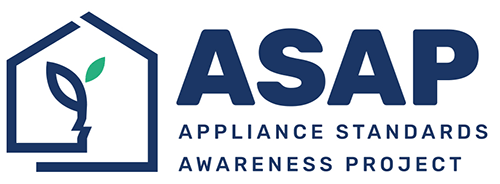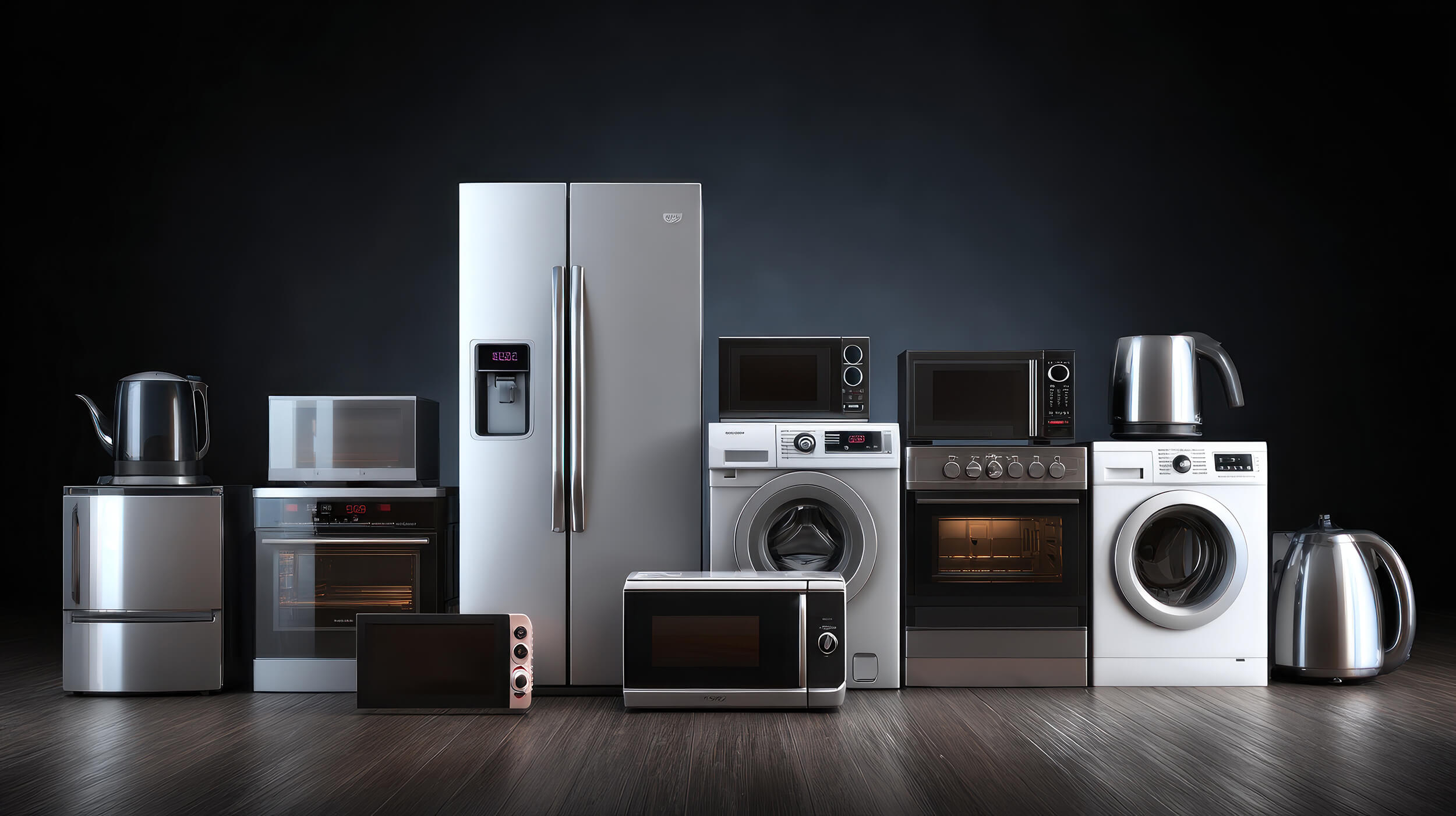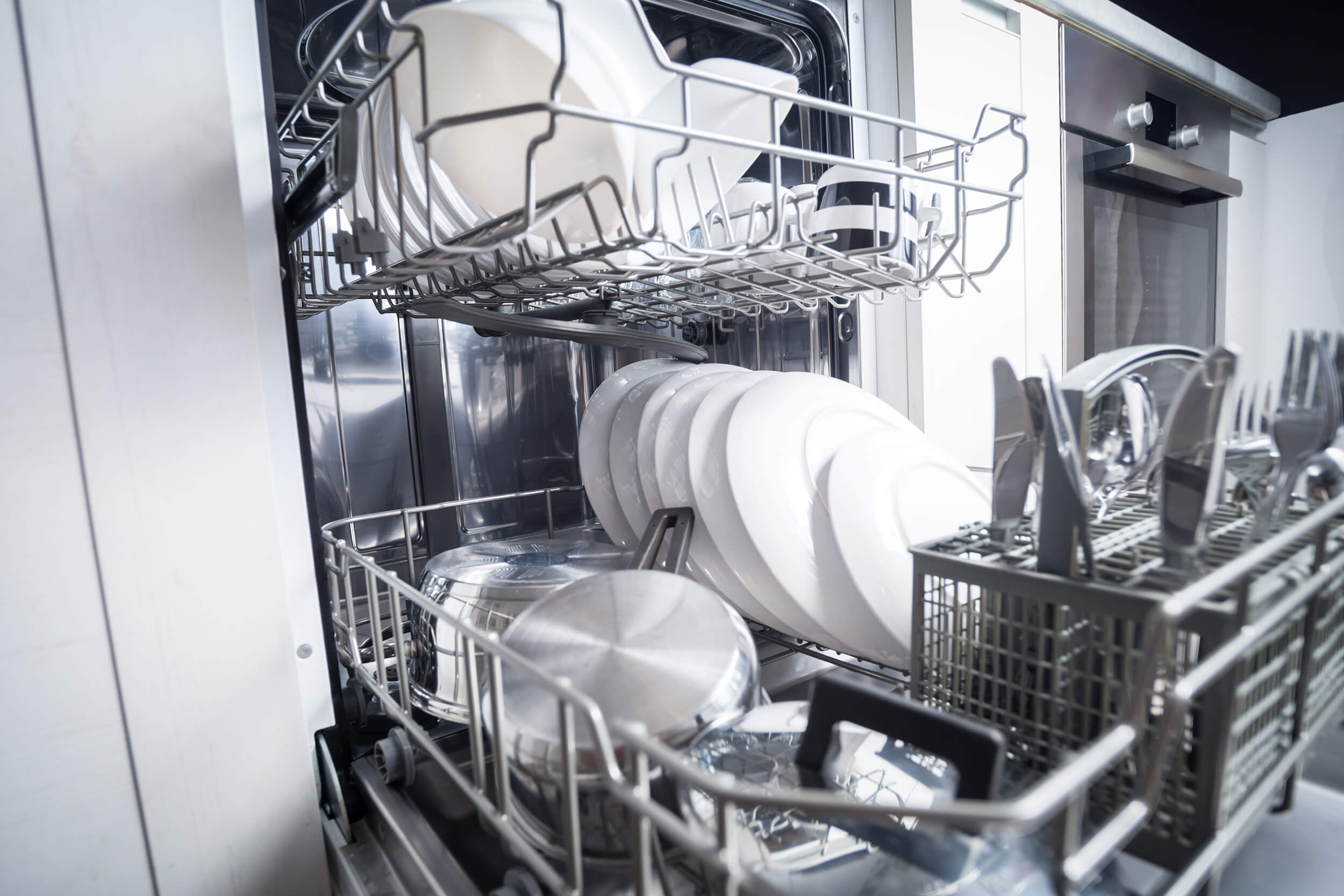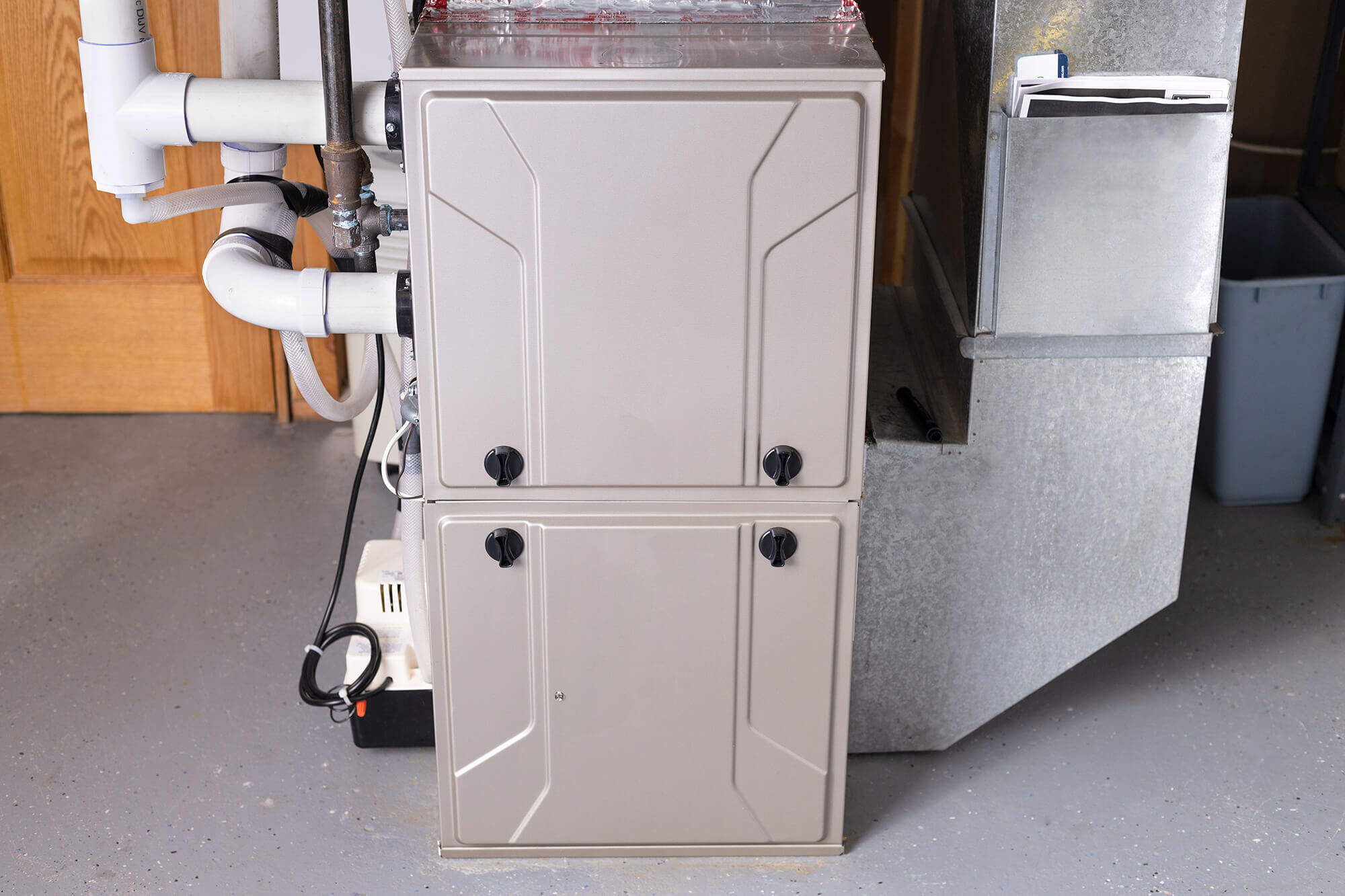Contact: Ben Somberg, 202-658-8129, bsomberg@aceee.org

Washington, DC—Proposals by the Department of Energy (DOE) today to revoke existing energy or water efficiency standards for more than a dozen types of appliances and equipment would sanction products that use multiple times the energy use of today’s, bringing dramatically increased costs for households and businesses. The proposals could significantly increase the operating costs of products ranging from dehumidifiers and portable air conditioners to air compressors used in industry. But the plan clearly violates the law and court precedent.
“If this attack on consumers succeeds, President Trump would be raising costs dramatically for families as manufacturers dump energy- and water-wasting products into the market. By his administration's logic, they could now undo any standard they want. Fortunately, it’s patently illegal, so hold your horses,” said Andrew deLaski, executive director of the Appliance Standards Awareness Project. “Every single standard they want to revoke here has been saving consumers or businesses far more than it costs. These plans are not a good deal for consumers at all.”
Each DOE proposal would either revert a product standard to the minimum efficiency levels originally set in statute (often decades ago) or eliminate standards entirely where there is none set in law. In all cases, the current standard saves consumers or businesses far more than it costs, according to DOE’s own data. By law, DOE must review each standard periodically and strengthen it if economically justified. For example, refrigerator standards have been strengthened four times since Congress enacted initial standards in 1987.
The relevant section of law (42 US Code 6295(o)), set through the National Appliance Energy Conservation Act of 1987 (amending the Energy Policy and Conservation Act of 1975), specifically forbids weakening an energy efficiency standard once it has been finalized. It states: “The Secretary may not prescribe any amended standard which increases the maximum allowable energy use, or, in the case of showerheads, faucets, water closets, or urinals, water use, or decreases the minimum required energy efficiency, of a covered product.”
In 2004, a federal appeals court (NRDC v. Abraham, 355 F.3d 179 (2nd Cir. 2004)) ruled that based on this law, the Department of Energy could not weaken efficiency standards once they are finalized. It said: “Section 325(o)(1) must be read to restrict DOE's subsequent discretionary ability to weaken that standard at any point thereafter.”
The proposals from DOE today include:
- Revoking existing energy efficiency standards (for some products, doing so by revoking “coverage” of the product from standards) for air cleaners, battery chargers, compact clothes washers, compressors, cooking tops, ovens, dehumidifiers, external power supplies, microwave ovens, miscellaneous refrigeration products, and portable air conditioners.
- Revoking water conservation standards for automatic commercial ice makers, clothes washers, commercial clothes washers, commercial prerinse spray valves, dishwashers, and faucets.
###




